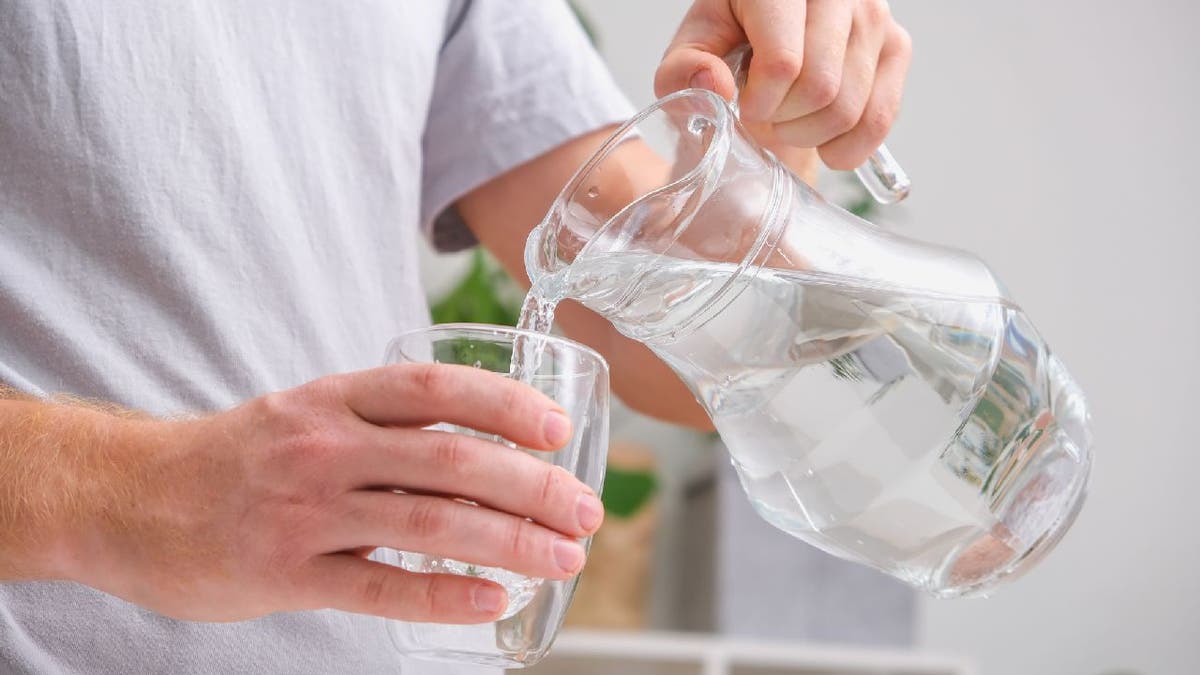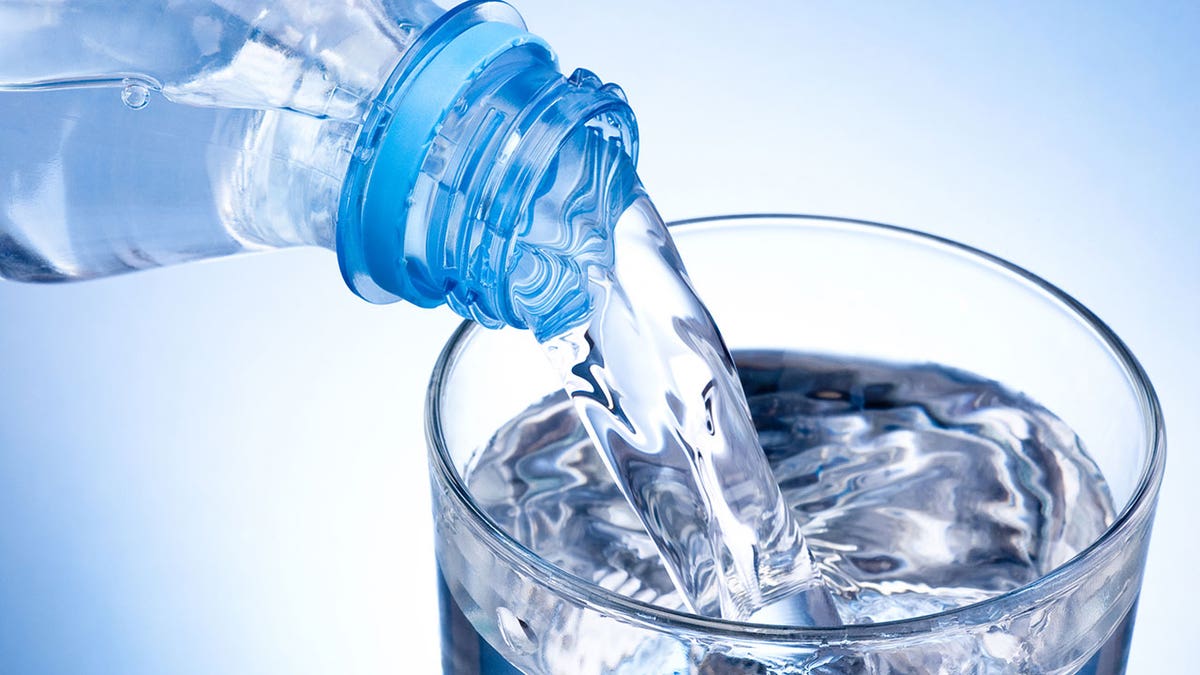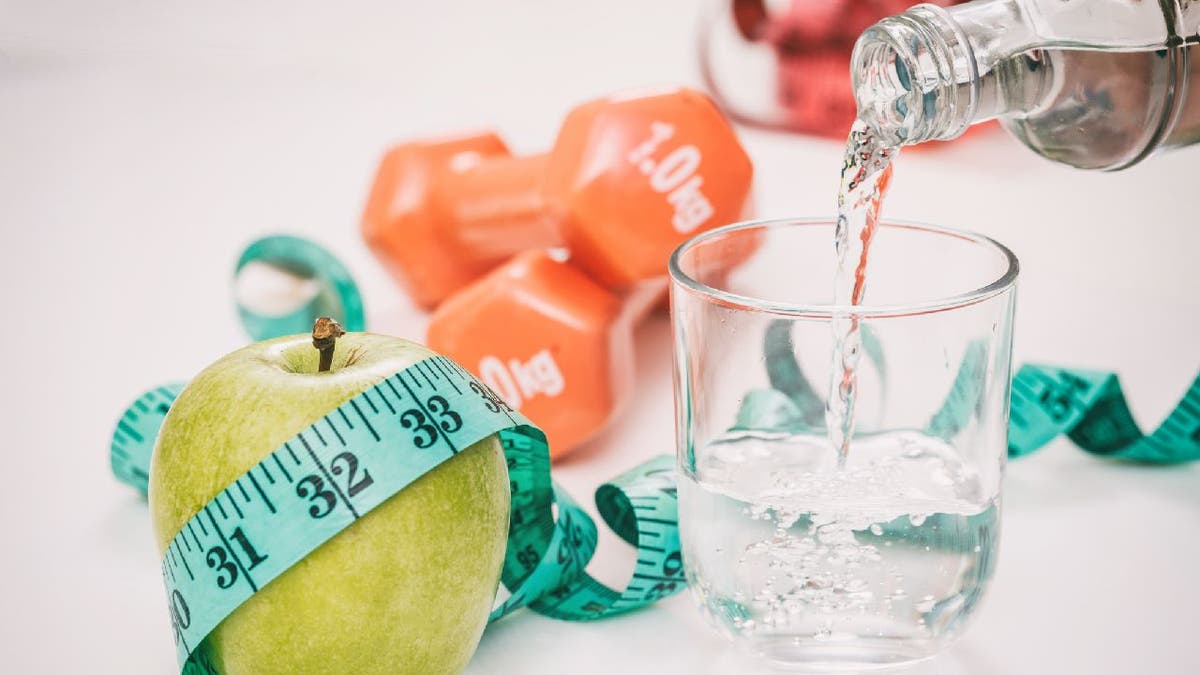The gallon-a-day water challenge has taken the fitness world by storm, with many believing it holds the key to weight loss and muscle gain. Social media is awash with personal accounts and transformations, and water bottle companies are capitalizing on the trend with larger-sized jugs. But what does science say about the real benefits and potential risks of this hydration practice?

Experts agree that adequate hydration is crucial for overall health, playing a role in metabolism, satiety, and bodily functions. Dr. Kevin Huffman, a physician and founder of Ambari Nutrition, acknowledges the benefits of ample water intake for weight management, but cautions against overdoing it. He suggests listening to your body's thirst cues and increasing intake during physical activity or in hot weather. Consuming warm beverages like green tea or bone broth can also contribute to hydration during colder months.

While the eight-cup rule (half a gallon) is a good starting point, Huffman emphasizes that water alone isn't a magic bullet. A healthy diet, regular exercise, and sufficient sleep are equally important for weight loss and fitness. Furthermore, excessive water consumption in a short period can lead to hyponatremia, or water intoxication, a dangerous condition caused by diluted sodium levels. Gradual intake throughout the day is key to avoiding this risk.

Registered dietitian nutritionist Kimberly Gomer suggests drinking two cups of cold water before meals to boost metabolism. Cold water requires the body to expend energy to warm it up, potentially aiding weight management. She also notes that individual water needs vary based on factors like physical health, lifestyle, and existing medical conditions. Pregnant or nursing women, individuals with certain health issues, and those experiencing temporary illnesses may require increased fluid intake.


The National Academy of Medicine offers general guidelines for water intake, recommending around 13 cups for men and nine for women. However, Gomer emphasizes that these are estimates and individual needs may differ. Staying adequately hydrated is essential for various bodily functions, including temperature regulation, waste removal, joint lubrication, and tissue protection. Dehydration, even in mild forms, can lead to unpleasant symptoms, while severe cases can be life-threatening.


Dr. Lushun Wang, an orthopedic surgeon, points out that more research is needed to solidify the claims about a gallon of water per day for optimal weight loss or fitness. While water doesn't directly burn fat, it can contribute to weight management by promoting fullness and aiding digestion. He also highlights the importance of increasing water intake during exercise, especially in hot environments, to compensate for fluid loss through sweat.









